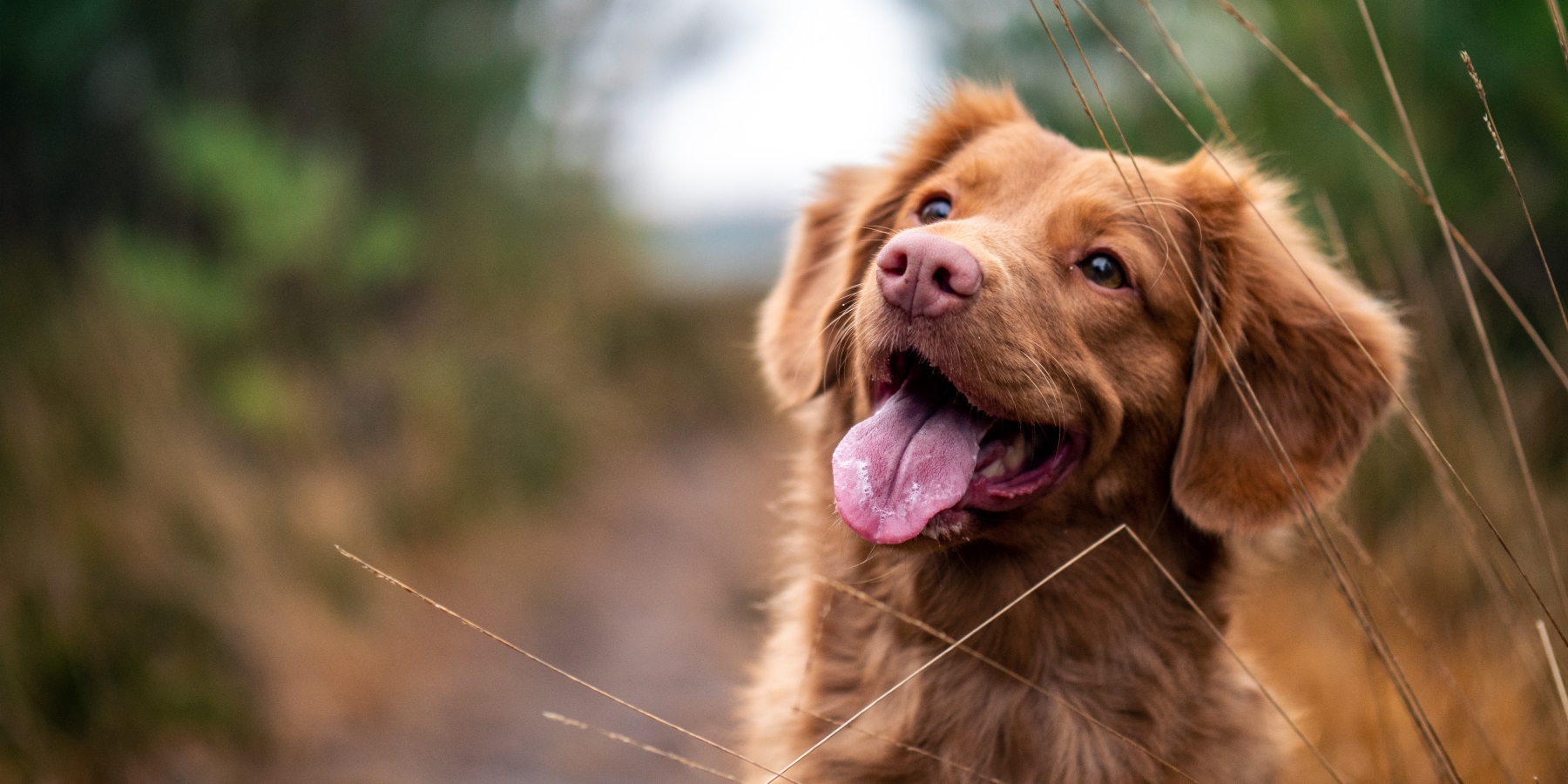How long do dogs sleep? It's a question that often crosses the minds of pet owners, and the answer varies depending on the age of the dog. Just like humans, dogs go through different stages of life, each with its own unique sleep needs. In this article, we'll explore the differences in sleep duration among dogs of different age groups.
Puppies
Puppies are the epitome of boundless energy and playfulness, but they also need plenty of rest to fuel their rapid growth and development. On average, puppies can sleep anywhere from 18 to 20 hours a day. Their sleep is often broken into short naps, with frequent awakenings for meals and bathroom breaks. This extensive sleep is crucial for brain development, muscle growth, and overall health.
Adolescents
As puppies grow into adolescents, their sleep patterns start to shift. At this stage, they typically require around 12 to 16 hours of sleep per day. Adolescents are still quite active, engaging in play and learning, but they begin to consolidate their sleep into longer periods at night. This transition prepares them for a more adult-like sleep schedule.
Adult Dogs
Adult dogs, generally considered to be between 1 to 7 years old, need an average of 12 to 14 hours of sleep per day. They tend to sleep less during the day and more at night, aligning with the routines of their human companions. Adult dogs may take short naps throughout the day but are generally awake and alert when their owners are active.
Senior Dogs
Senior dogs, typically aged 7 years and older, often experience changes in their sleep patterns. They tend to sleep more, averaging 14 to 18 hours a day. However, their sleep may be less restful, with more awakenings during the night. Senior dogs may also experience more frequent dreams or restlessness during sleep. These changes can be attributed to age-related factors such as decreased mobility and potential health issues.
Factors Influencing Sleep Duration
While age is a significant factor in determining a dog's sleep needs, individual differences and external factors can also play a role. For example, a dog's activity level, breed, and overall health can impact how long they sleep. Highly active breeds may need more rest to recover from physical exertion, while breeds with brachycephalic (short-nosed) features may experience breathing difficulties that affect their sleep quality.
Additionally, environmental factors such as noise, temperature, and the presence of other pets or family members can influence a dog's sleep patterns. Dogs are sensitive to disruptions in their surroundings and may adjust their sleep accordingly.
Conclusion
The amount of sleep a dog needs varies with age. Puppies and adolescents require more sleep to support their growth and development, while adults and seniors generally need less but may experience changes in sleep patterns due to age-related factors. Understanding your dog's age and individual needs is essential for providing them with the right amount of rest to keep them happy, healthy, and well-rested.
How long do dogs sleep? It depends on their age and unique circumstances, but by observing their behavior and adjusting their sleep environment, you can ensure that your furry companion gets the rest they need.


